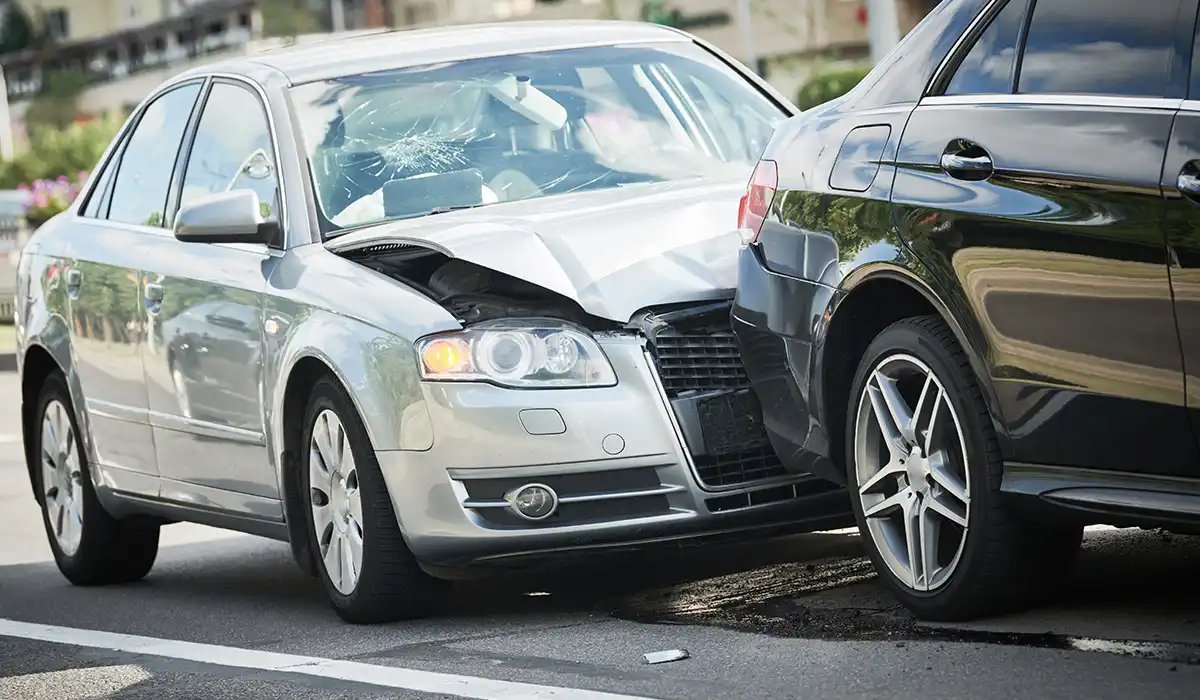What does PIP stand for? In the world of auto insurance, PIP is an acronym that stands for Personal Injury Protection. In Florida, the law requires all drivers to have PIP coverage. This crucial component of auto insurance policies covers medical expenses, lost wages, and other non-medical costs from an automobile accident, regardless of fault. If you are one of the drivers who find themselves asking, What does PIP stand for? this guide is for you. I’ll dive into more details and its importance for drivers.
Defining PIP – Personal Injury Protection
Personal Injury Protection, commonly referred to as PIP, is a form of car insurance that covers medical expenses and, in some cases, lost wages and other damages. PIP is often called “no-fault” coverage because it pays out claims regardless of who is at fault in the accident. This aspect is particularly beneficial as it ensures that individuals involved in a car accident receive medical treatment promptly without the need for lengthy legal battles over fault and liability. The coverage extends to the policyholder, regardless of whether they are a passenger or a pedestrian injured in an accident, highlighting the versatile protection PIP offers.
How does Personal Injury Protection work?
When an accident occurs, PIP kicks in to cover the costs of medical treatment for injuries sustained by the policyholder, their passengers, and, in some cases, pedestrians involved. To utilize PIP coverage, the policyholder typically files a claim with their insurance company following the accident. The insurer then assesses the claim and disburses payments up to the policy’s limit for covered expenses. It’s important to note that while PIP covers immediate and direct costs, there may be limitations and deductibles that apply, affecting the total amount paid out.
PIP coverage details
Personal Injury Protection (PIP) coverage encompasses a broad range of expenses that go beyond just medical bills, making it a vital component of auto insurance for many drivers. Here’s a closer look at the specifics of what PIP typically covers:
- Medical expenses: PIP primarily covers medical costs resulting from a car accident. This includes hospital stays, surgeries, X-rays, dental treatments, and other medical procedures. It also extends to rehabilitation costs, such as physical therapy, which are crucial for recovery.
- Lost wages: If injuries from an accident prevent you or your passengers from working, PIP can compensate for the lost income. This aspect of PIP coverage helps maintain financial stability during the recovery period.
- Funeral expenses: In the unfortunate event of fatal injuries, PIP provides coverage for funeral expenses, easing the financial burden on the policyholder’s family during a challenging time.
- Substitute services: If injuries render someone unable to perform regular tasks such as childcare, house cleaning, or yard work, PIP may cover the cost of hiring someone to handle these duties.
- Survivor’s loss: Some PIP policies offer benefits for survivors in the case of a fatal accident. This can include compensation for lost income and support services, providing financial assistance to the deceased’s dependents.
PIP vs. MedPay – Understanding the differences
Understanding the differences between Personal Injury Protection (PIP) and Medical Payments (MedPay) coverage is crucial for drivers choosing their auto insurance options. While both coverages offer financial protection for medical expenses resulting from a car accident, there are notable distinctions.
- Coverage scope: PIP provides a broader scope of coverage, including medical expenses, lost wages, and sometimes funeral expenses and substitute services. MedPay, however, is primarily focused on medical and funeral expenses only, without covering lost wages or additional services.
- No-fault vs. medical only: PIP operates under the no-fault principle, meaning it covers you regardless of who caused the accident. MedPay also provides coverage regardless of fault, but it is limited to medical and funeral expenses.
- Mandatory vs. optional: In some states, PIP coverage is mandatory as part of the no-fault insurance laws, requiring drivers to carry a minimum level of PIP coverage. MedPay is typically optional, offering drivers an additional layer of protection if they choose to include it in their policy.
- Deductibles and co-pays: PIP coverage often comes with deductibles and co-pays, meaning the insured may need to pay a portion of the costs out-of-pocket before the insurance kicks in. MedPay usually does not have deductibles or co-pays, providing a more straightforward benefit payment.
- Availability: PIP is only available in no-fault states and some tort states with optional no-fault coverage, while MedPay is available in most states, offering a universal option for covering medical expenses after an accident.
Conclusion
In today’s post, I answered a common question: What does PIP stand for? Understanding Personal Injury Protection is key to knowing how you’re covered in the event of an accident. This coverage is mandatory for all drivers in Florida.


